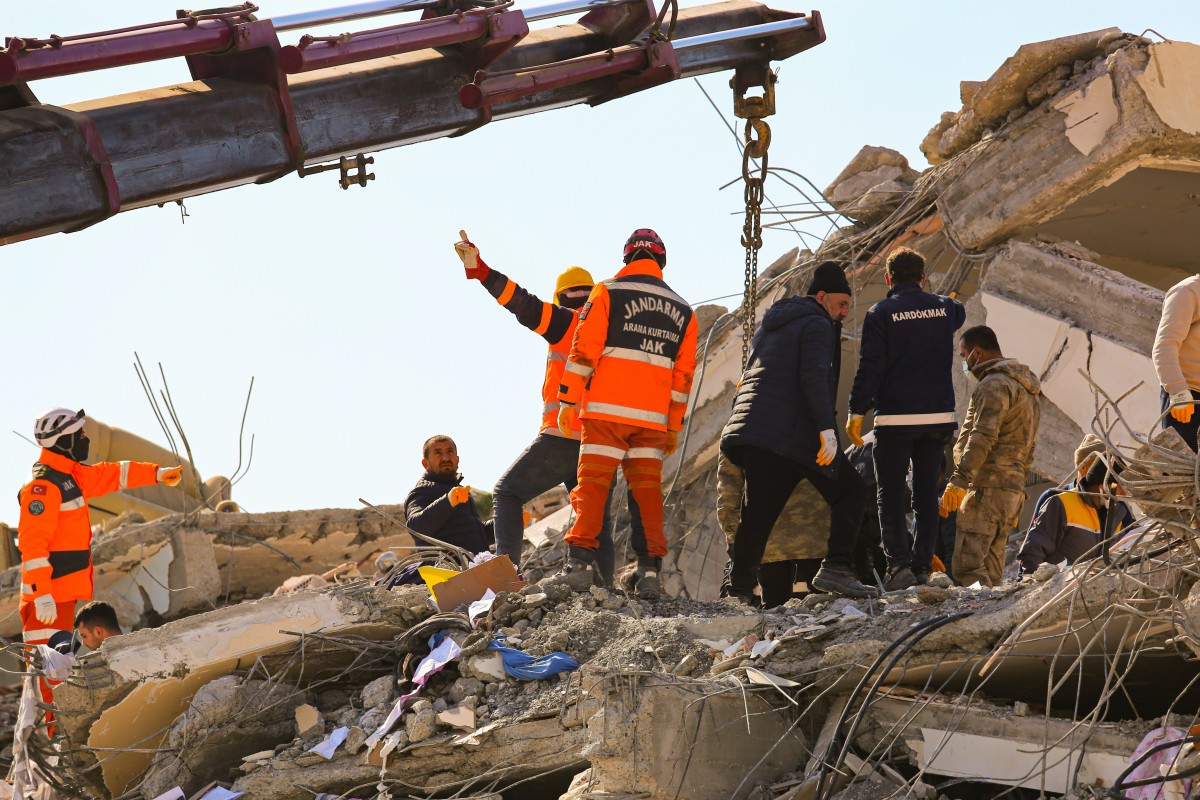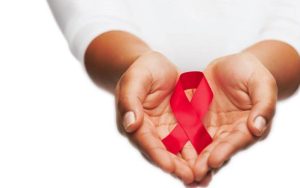Surviving an earthquake can be a traumatic and life-changing event, and the aftermath can have a profound impact on a person’s physical and mental health. The death toll from the earthquake that rocked Turkey and Syria continues to rise.
While the immediate risks of injury, starvation, and dehydration are the primary concerns for those trapped under rubble, there are also several long-term health risks that can arise after rescue. Here are the top 5 biggest long-term health risks for earthquake survivors and what steps they should take to address them.
Post-Traumatic Stress Disorder (PTSD)
PTSD is a common condition among earthquake survivors, and can develop after exposure to a traumatic event such as being trapped in rubble or witnessing death or injury. Symptoms of PTSD include intrusive thoughts or flashbacks, avoidance of triggers, and hypervigilance or excessive anxiety. If left untreated, PTSD can interfere with daily activities and relationships.
Steps to address PTSD:
- Seek professional counseling or therapy, such as cognitive behavioral therapy (CBT) or exposure therapy
- Connect with support groups, either in person or online, to share experiences and coping strategies
- Practice relaxation techniques, such as deep breathing, meditation, or yoga
- Avoid substance abuse or excessive alcohol consumption, which can exacerbate symptoms
Musculoskeletal Disorders
Being trapped in rubble for an extended period of time can cause significant strain and stress on the body, leading to musculoskeletal disorders such as back pain, joint pain, and arthritis. In addition, performing manual labor during rescue efforts can also put physical stress on the body.
Steps to address musculoskeletal disorders:
- Engage in physical therapy or rehabilitation exercises to strengthen the affected areas
- Maintain a healthy diet and lifestyle, which can help reduce inflammation and joint pain
- Seek medical treatment for chronic conditions, such as arthritis, to manage symptoms
- Avoid repetitive motions or movements that put stress on the affected areas
Respiratory Diseases
Being trapped in rubble can expose survivors to dust, debris, and other airborne irritants, which can lead to respiratory problems such as asthma, bronchitis, and pneumonitis. In addition, lack of access to clean air and water can also increase the risk of infections and other respiratory issues.
Steps to address respiratory diseases:
- Seek medical treatment for any symptoms, such as coughing, shortness of breath, or chest pain
- Avoid exposure to airborne irritants, such as dust or smoke
- Practice good hygiene to prevent infections, such as frequent hand washing
- Seek medical treatment for any underlying conditions, such as asthma, to manage symptoms
Cardiovascular Diseases
Stress and anxiety can increase the risk of cardiovascular disease, and survivors of earthquakes may experience high levels of both. In addition, being trapped in rubble can also cause physical stress on the heart and circulatory system.
Steps to address cardiovascular diseases:
- Engage in regular physical activity, such as exercise or walking, to improve heart health
- Maintain a healthy diet, low in saturated fat and cholesterol, to reduce the risk of heart disease
- Practice stress-management techniques, such as meditation or deep breathing, to reduce anxiety and stress
- Seek medical treatment for any symptoms or underlying conditions, such as high blood pressure or heart disease
To minimize these risks, it is important for earthquake survivors to seek medical attention as soon as possible, to follow proper hygiene measures, to seek counseling or therapy if needed, and to maintain a healthy lifestyle by eating well, sleeping adequately, and engaging in physical activity. With proper care and attention, survivors can overcome the challenges posed by their experiences and rebuild their lives in the aftermath of an earthquake.












